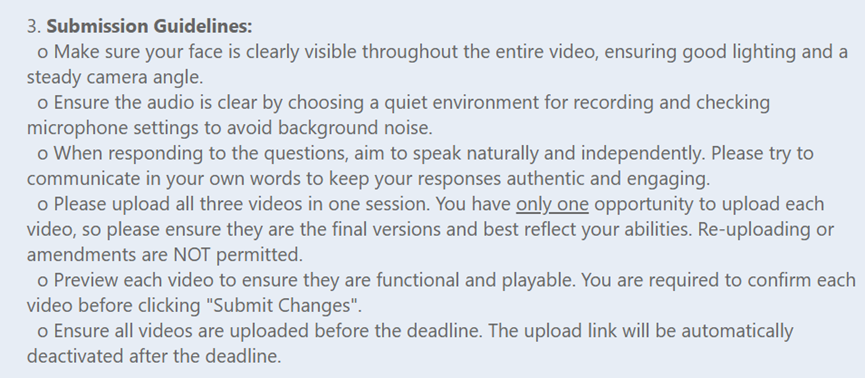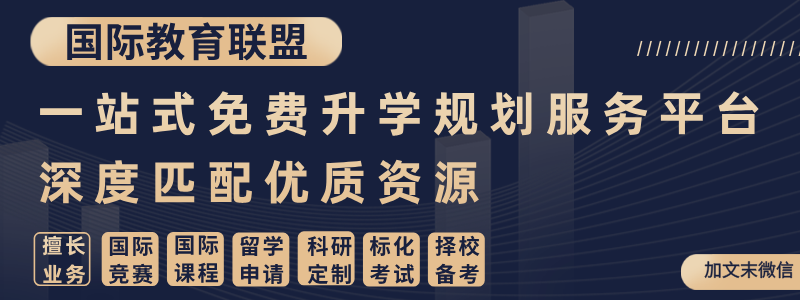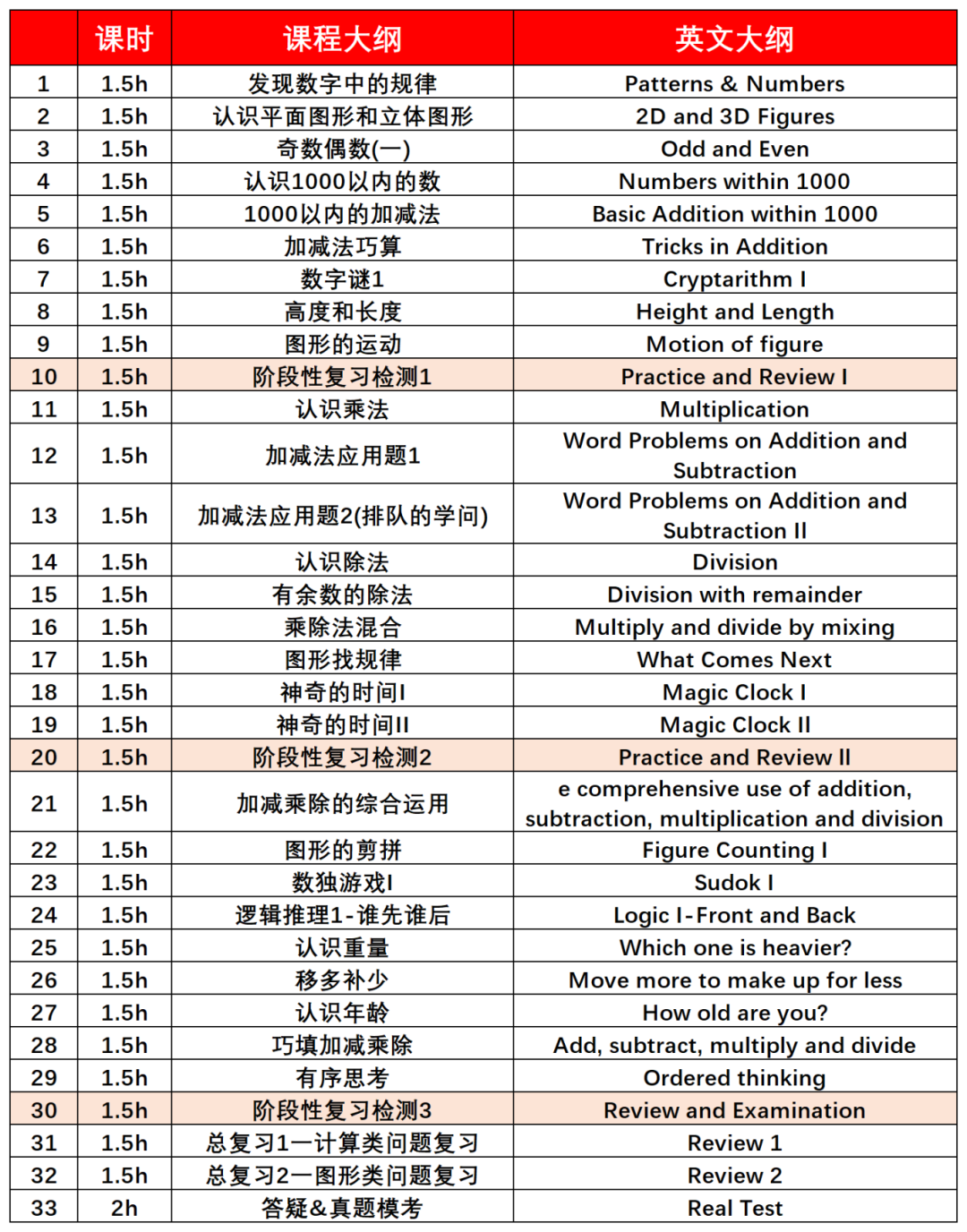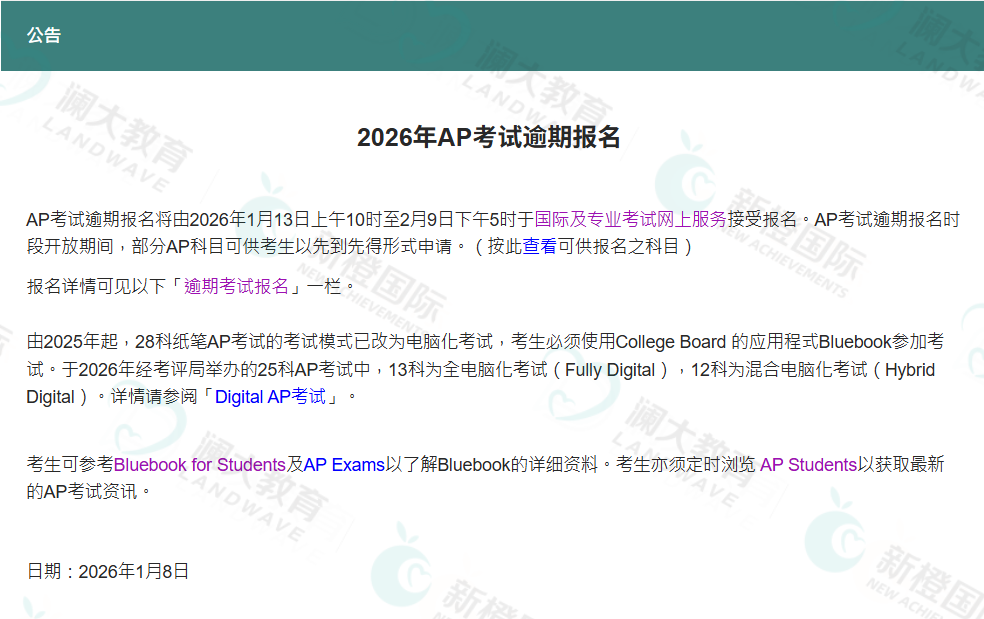港大商学院提前批的video面邀请正在陆续发放中✉️
收到港大面邀=稳了吗?拆解不同专业的真实发放逻辑
我们第一时间收集了学员们的面邀反馈,发现今年港大会计学硕士的视频面试有不少需要关注的重点。
面试题目速览:
1. How do you manage tight deadlines and ensure accuracy?
2. Why Master of Accounting & what are your career goals?
3. How do you stay updated with industry standards?
视频面试看似简单,但如何在有限的时间内准确而有力地展现自己,才是成功的关键。
为了帮助大家更好地准备,我们结合多年申请经验,整理了这份会计学视频面试攻略,从核心要点到回答示例,为你提供最实用的备考指南💪
【格式要求】
递交申请后大约48小时内完成,3个视频,每个不超过1.5分钟和不超过150MB,必须是MP4格式。

(一些general提醒)
【核心要点】
会计面试更看重专业知识和经历,差异化回答,体现专业技能和软实力是关键。
核心要点:
①会计面试问题偏专业技术!港大特别看重匹配度,你的故事一定要个性化和详细
②要通过实习/学术经历的具体细节,展现你的会计专业技能
③通过行为问题考察你作为"会计人"的软实力
④三个问题会全方位考察你的不同能力
⑤Video面试也在看你的表达逻辑和自信状态
【问题分析及应对策略】
【问题1】
How do you manage tight deadlines and ensure accuracy?
如何在紧急截止时间内管理工作并确保准确性?
这道题考什么:
时间管理能力+工作质量控制,要展现你的专业严谨性。
怎么回答:
• 开场表态度:直接说"我能在高压下保持工作流程稳定"
• 举个真实例子:选择月结、做报表、或者审计前准备的经历,说清楚当时时间紧、任务杂的情况
• 说具体方法:
✅ 把大任务拆成小块+列优先级清单
✅ 做完后认真检查(重要性核查、账目核对等专业操作)
• 展示结果:错误率下降了多少、这套方法被团队采用
• 连接未来:研究生阶段面对复杂会计准则也会用这套方法
问题1回答示例:
During the month-end close at a second-hand retailer in Hong Kong, I often had a three-day window to tie POS sales to the ledger and inventory. The way I balance speed and accuracy is very process-driven. On day one, I map dependencies and set a materiality threshold so I focus on high-risk items first, cash, revenue cut-off, and inventory shrinkage.
I work with store staff to lock the cut-off time and collect source files early. Then I use an Excel toolkit I built, Power Query to clean POS exports, PivotTables to spot variances by SKU, and XLOOKUP to match receipts to the GL. Every worksheet has tick marks and a quick review checklist, so I don’t reinvent steps under pressure.
When exceptions pop up, say, a negative margin on a promotion, I isolate the driver, document it, and propose a fix, like correcting the tax code or unit cost. Before submission, I do a brief peer or self-review on key figures and keep version control, so the approver sees a clear audit trail. That way, we met the deadline consistently and reduced reconciling items the following month because the process was repeatable. Those reps mean I can hit the ground running in your programme, especially in Accounting Data & Analytics and Auditing & Corporate Services, bringing a tested month-end playbook and a materiality-first mindset to team cases and the KPMG analytics labs.
【问题2】Why Master of Accounting & what are your career goals?
为什么选择会计硕士?你的职业目标是什么?
这道题考什么:
学习动机+职业规划,要展现你对会计专业的深入思考。
怎么回答:
• 真实起因:从某次实际工作或课程中发现自己技能不够的具体事件说起
• 学习计划:
✅用硕士课程补短板(财务报告、审计、税务、数据分析)
✅把学到的技能对接具体工作(审计、财报分析、估值、ESG鉴证等)
• 阶段目标:说出具体想达到的结果
• 职业路径:从近期目标到长远规划的清晰表达
问题2回答示例:
While majoring in Finance & Banking, and my internships pulled me closer to accounting, the parts I enjoyed most were technical reporting, audits of balances, and digging into how numbers become decisions. I’m pursuing your programme to turn that interest into a rigorous toolkit. The programme’s professional recognitions and the integration of ACCA Strategic Professional content give me a clear pathway to qualification. Modules like Advanced Financial Accounting, Auditing & Corporate Services, and Accounting Data & Analytics fit my goals, and the KPMG partnership will expose me to how analytics is reshaping assurance and reporting.
In the short term, I aim to start in external audit or financial reporting, building breadth across industries and controls. Next, I want to pivot into valuation or technical accounting, areas where reporting quality and business judgment meet. Longer term, my goal is to qualify with HKICPA/ACCA and take a lead role in group consolidation or ESG reporting and assurance for a listed company. In short, your programme helps me connect standards, analytics, and commercial impact, which is exactly the bridge I’m looking for.
【问题3】
How do you stay updated with industry standards?
如何跟上行业标准的更新?
这道题考什么:
持续学习能力和专业敏感度,看你是否有"会计人"的职业素养。
怎么回答:
• 个人习惯:说明你有一套固定的学习更新方法(获取信息→评估影响→实际应用)
• 具体例子:举个新规定出台或准则变化的例子,说明你是怎么应对的:
✅关注专业资源+做影响评估
✅更新工作模板和流程,必要时培训团队
• 持续应用:这个习惯在读研和实习时也会继续用
问题3回答示例:
I treat updates like a weekly workout. Every Friday morning, I scan HKICPA and IFRS Foundation alerts, then bookmark two Big Four newsletters that translate changes into examples. If a topic affects my work, say, revenue recognition in promotions or impairment testing, I would build a one-page note with the ‘what changed’, ‘why it matters’, and a simple checklist for future files.
Locally, I follow HKEX and SFC announcements for disclosure or governance developments, and I watch IRD guidance for tax implications. I also join short webinars, one per month, to keep context on where standards are heading. On the tools side, I keep my Excel and Power Query skills current and experiment with basic analytics so I can test controls or run exception reports faster.
Most importantly, I apply updates to small pilots. For example, after reading about better inventory cut-off testing, I added a targeted sample around month-end movements at the supplement retailer internship. Documenting that mini-pilot helped our reviewer see the rationale, and it turned a headline change into a habit. Your curriculum’s link to standard-setters and practitioner briefings fits this habit perfectly. I’ll plug my weekly update routine straight into modules like Advanced Financial Accounting and Accounting Data & Analytics.
【视频录制注意点】
【内容框架(以90秒为例)】
○ 开场陈述(5-10秒):直奔主题,明确表述观点或经历。
○ 具体事例(60秒左右):讲述简洁、有细节,体现个人亮点。
○ 收尾总结(15秒左右):强调你从经历中获得的能力,或与你申请该专业的关联度。
【语言表达】
○ 英文表达清晰、语速适中,避免用太复杂的长句,结构清楚易理解;
○ 语气积极、真诚、自信,适度使用强调词,增强说服力。
【视觉与仪态】
○ 穿着正式得体,面部表情自然,眼神有交流感;
○ 视频背景干净简洁、光线柔和均匀,避免杂乱或光线不足;
○ 避免明显阅读或背诵稿件感,流畅自然为佳。
【文件大小与格式】
○ 提前检查视频大小,尽量控制在120MB左右避免上传问题;
○ 视频导出后仔细检查音质画质;
○ 系统上传后有preview检查的操作,且上传速度较慢,一定要确保上传系统后再播放一遍视频确认流畅度。
(自行录制)
(采访录制风格)
(纪录片风格)
【小建议汇总】
1. 录制后剪辑可以加一个跟随字幕,便于审理老师更好的理解你的内容;
2. 剪辑成稿时也可以在视频最下方设计制作一个视频进度条,网上搜一搜教程特别多;
3. 学校的logo可以加或不加,但别忘了在视频的角落标记自己的姓名和申请号哦!
最后提醒一下大家,准备时要注意避免照搬模板,面试官更看重的是你独特的经历和真实的故事。通过具体的例子来展示你的能力,特别是技术能力和软技能的结合,这样才能让面试官印象深刻~












